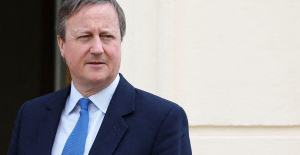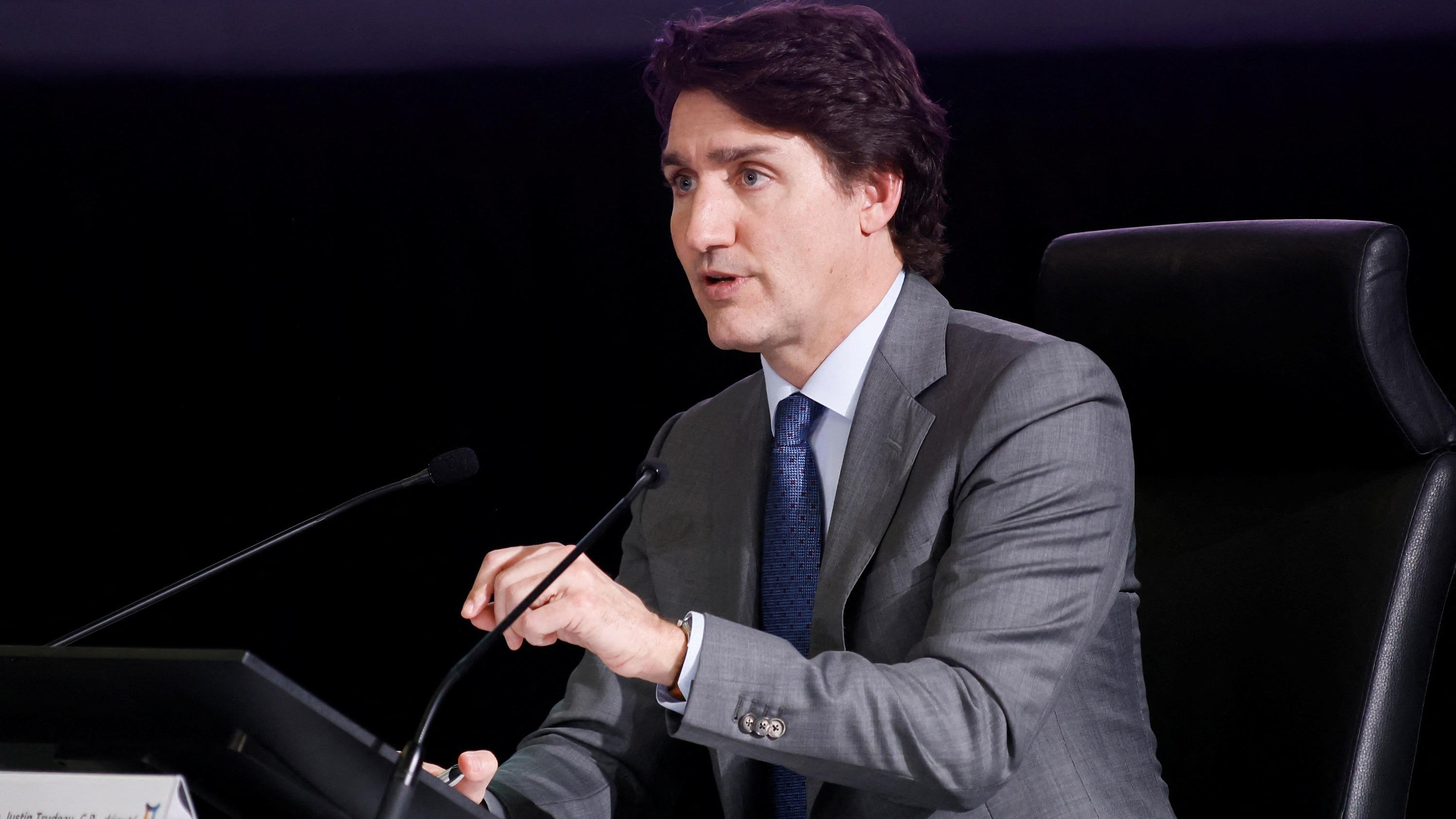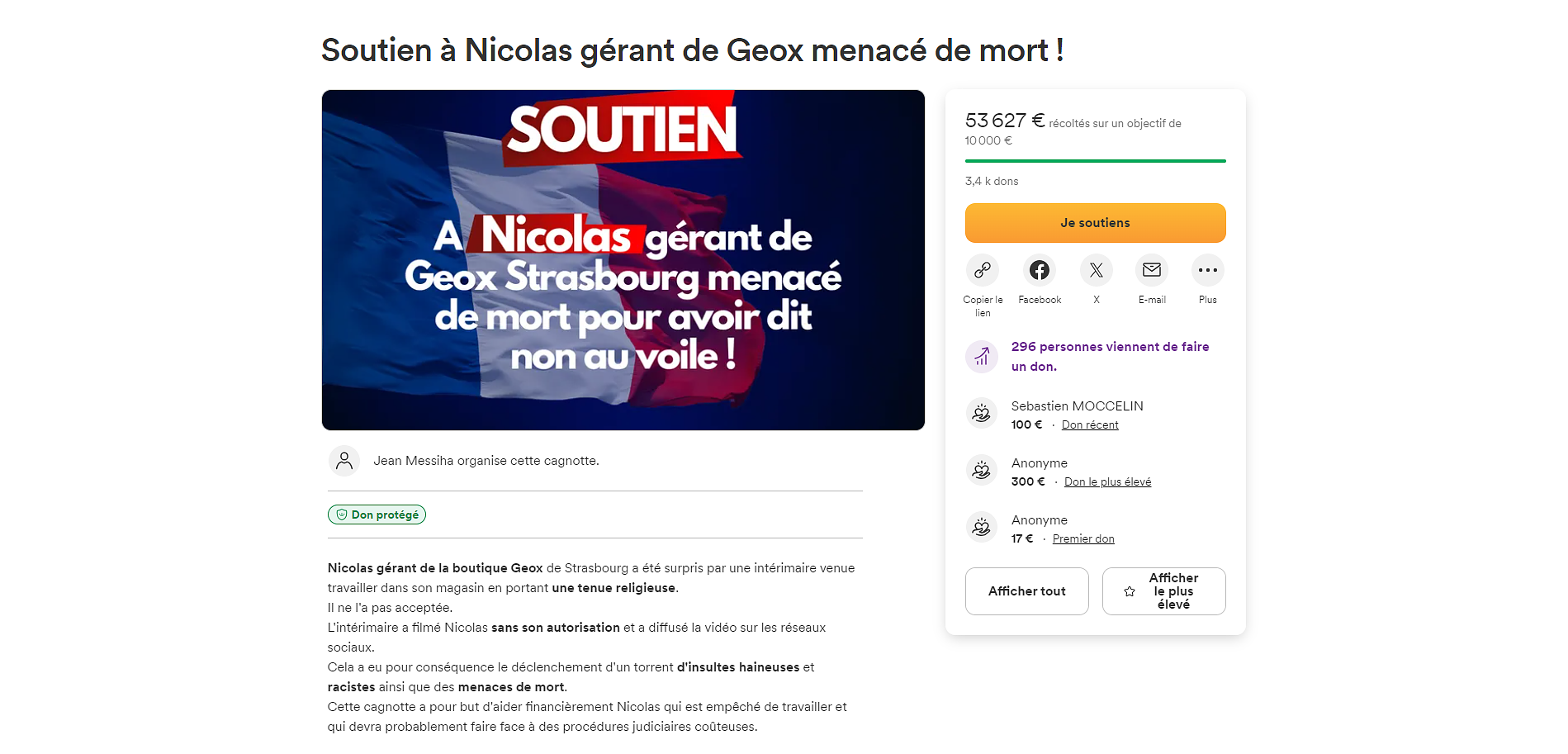another Chapter in the legal dispute around the ECB: Today, the European court of justice rules on the controversial purchase of government bonds. The answers to the issues most important to the process.
What's the issue?For the Federal constitutional court (BVerfG) there are many reasons in favour of the European exceeds Central Bank (ECB) with your current purchase programme of government bonds mandate that she does so more than it is allowed according to the EU treaties. Therefore, Karlsruhe has submitted the case to the European court of justice in Luxembourg (ECJ) for interpretation of EU law.
What is the dispute with the individual citizen has to do?How the ECB's interpretation of its competences, has consequences for the citizens.
a Lot more than you might think at first glance. The ECB is independent. You don't must answer to other than governments and parliaments - to the voters. Germany has transmitted through the people's representatives in the Bundestag powers to the EU, the competence for monetary policy to the ECB. If an EU Institution would make more than it is allowed according to the EU treaties, the German citizens of the - to put it simply - not true. So it's about fundamental questions of democracy. Therefore, Karlsruhe has opened in such cases, for the individual citizen a right of action. Otherwise, it undermines their right to vote"". For the financial risks of the ECB and the German state budget is liable to the very end.
What are government bonds?The focus of the litigation bonds. A state spends, borrows money and pays interest. Not only for crisis-ridden States government bonds are a key Instrument, in order to get fresh money to the markets. However, the worse the state, the higher the risk for the creditors of the bonds. And the more interest the state must pay to the creditors. Depending on the supply and demand of a "market price" for government bonds of different countries.
How does the ECB program ("Quantitative Easing")?On 22. January 2015 has been decided by the European Central Bank (ECB), the program of "Quantitative Easing" ("quantitative easing") – in short, QE. Each month, the ECB bought for originally 60 billion euros of securities that are already on the market ("secondary market"), including government bonds of all EU countries. This is done according to a specific country key. According to the ECB, this loose monetary policy is necessary to prevent a renewed economic crisis. In a "Deflation" - that is, a Phase of the stronger of falling prices would also collapse the economy, the companies would have to reduce jobs. Since September 2018, the ECB has reduced the monthly purchase volume from 30 billion to 15 billion. In 2019, the Net purchases should end then.

 Rishi Sunak wants a tobacco-free UK
Rishi Sunak wants a tobacco-free UK In Africa, the number of millionaires will boom over the next ten years
In Africa, the number of millionaires will boom over the next ten years Iran's attack on Israel: these false, misleading images spreading on social networks
Iran's attack on Israel: these false, misleading images spreading on social networks Iran-Israel: David Cameron wants the G7 to impose “coordinated sanctions” on Iran
Iran-Israel: David Cameron wants the G7 to impose “coordinated sanctions” on Iran New generation mosquito nets prove much more effective against malaria
New generation mosquito nets prove much more effective against malaria Covid-19: everything you need to know about the new vaccination campaign which is starting
Covid-19: everything you need to know about the new vaccination campaign which is starting The best laptops of the moment boast artificial intelligence
The best laptops of the moment boast artificial intelligence Amazon invests 700 million in robotizing its warehouses in Europe
Amazon invests 700 million in robotizing its warehouses in Europe Solar panels: French manufacturer Systovi announces the cessation of its activities due to “Chinese dumping”
Solar panels: French manufacturer Systovi announces the cessation of its activities due to “Chinese dumping” Tesla: canceled in court, Musk's huge compensation plan will again be submitted to shareholders
Tesla: canceled in court, Musk's huge compensation plan will again be submitted to shareholders Two, three or a hundred euros: who are the most generous customers with tips?
Two, three or a hundred euros: who are the most generous customers with tips? Boeing safety examined in US Senate, after whistleblower's revelations
Boeing safety examined in US Senate, after whistleblower's revelations Immersion among the companions of the Liberation
Immersion among the companions of the Liberation Provence-Alpes-Côte d’Azur releases several hundred thousand euros for the promotion of the work of Marcel Pagnol
Provence-Alpes-Côte d’Azur releases several hundred thousand euros for the promotion of the work of Marcel Pagnol A palm of honor distinguishes Studios Ghibli for all of their work
A palm of honor distinguishes Studios Ghibli for all of their work Gaby, a new play by Pagnol adapted into a comic strip
Gaby, a new play by Pagnol adapted into a comic strip Skoda Kodiaq 2024: a 'beast' plug-in hybrid SUV
Skoda Kodiaq 2024: a 'beast' plug-in hybrid SUV Tesla launches a new Model Y with 600 km of autonomy at a "more accessible price"
Tesla launches a new Model Y with 600 km of autonomy at a "more accessible price" The 10 best-selling cars in March 2024 in Spain: sales fall due to Easter
The 10 best-selling cars in March 2024 in Spain: sales fall due to Easter A private jet company buys more than 100 flying cars
A private jet company buys more than 100 flying cars This is how housing prices have changed in Spain in the last decade
This is how housing prices have changed in Spain in the last decade The home mortgage firm drops 10% in January and interest soars to 3.46%
The home mortgage firm drops 10% in January and interest soars to 3.46% The jewel of the Rocío de Nagüeles urbanization: a dream villa in Marbella
The jewel of the Rocío de Nagüeles urbanization: a dream villa in Marbella Rental prices grow by 7.3% in February: where does it go up and where does it go down?
Rental prices grow by 7.3% in February: where does it go up and where does it go down? Europeans: the schedule of debates to follow between now and June 9
Europeans: the schedule of debates to follow between now and June 9 Europeans: “In France, there is a left and there is a right,” assures Bellamy
Europeans: “In France, there is a left and there is a right,” assures Bellamy During the night of the economy, the right points out the budgetary flaws of the macronie
During the night of the economy, the right points out the budgetary flaws of the macronie Europeans: Glucksmann denounces “Emmanuel Macron’s failure” in the face of Bardella’s success
Europeans: Glucksmann denounces “Emmanuel Macron’s failure” in the face of Bardella’s success These French cities that will boycott the World Cup in Qatar
These French cities that will boycott the World Cup in Qatar Union Bordeaux Bègles-Clermont: at what time and on which channel to follow the Top 14 clash?
Union Bordeaux Bègles-Clermont: at what time and on which channel to follow the Top 14 clash? Football: Ada Hegerberg extends at OL until 2027
Football: Ada Hegerberg extends at OL until 2027 Basketball: suspended for life from NBA for fixing his match
Basketball: suspended for life from NBA for fixing his match Paris 2024 Olympic Games: boxer Estelle Mossely wants to parade on the Seine as a flag bearer
Paris 2024 Olympic Games: boxer Estelle Mossely wants to parade on the Seine as a flag bearer


















